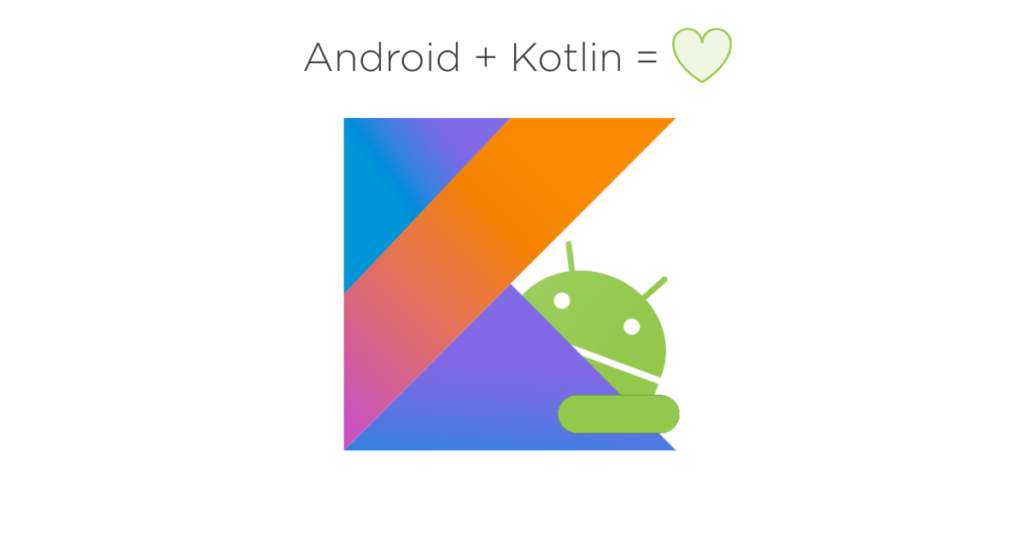Kotlin: Powering the Future of App Development

Introduction
In the dynamic world of app development, programming languages play a pivotal role in shaping the efficiency, reliability, and success of applications. In recent years, one language has captured the attention of developers and businesses alike: Kotlin. With its modern syntax, robust features, and seamless integration, Kotlin has been rapidly gaining popularity in the app development landscape. This blog explores the reasons behind Kotlin’s ascent and its significant impact on the app development industry.
Concise and Expressive Syntax :
Kotlin’s concise and expressive syntax is one of its standout features. Developers can achieve more with less code, leading to increased productivity and reduced chances of errors. Kotlin’s syntax also closely resembles widely-used programming languages, such as Java and Scala, making it easier for developers to transition or learn the language. This familiarity, combined with its modern enhancements, creates a gentle learning curve for newcomers to Kotlin.
It’s not a bug; it’s an undocumented feature.
― Anonymous
Interoperability with Java :
Kotlin’s seamless interoperability with Java has contributed significantly to its popularity. This feature allows developers to leverage existing Java codebases and libraries while gradually adopting Kotlin. This gradual transition facilitates code maintenance and updates, enabling businesses to modernize their applications without a complete rewrite. The ability to use Java and Kotlin together in a project makes Kotlin a practical choice for developers and organizations.
Safety Enhancements :
Kotlin places a strong emphasis on safety, which translates into fewer runtime errors and enhanced app stability. Features like nullable types and type inference help developers catch potential null pointer exceptions during compilation rather than at runtime. This proactive approach to preventing common programming errors boosts the quality of apps and reduces the time spent debugging, ultimately leading to a smoother development process.

Modern Features for Productivity :
Kotlin’s modern features directly contribute to enhanced developer productivity. Features like extension functions, smart casts, and data classes simplify coding tasks, leading to faster development cycles. Additionally, Kotlin’s support for functional programming concepts empowers developers to write more expressive and reusable code, promoting best practices and maintainability.
Android-Friendly :
Given its close relationship with Android Studio, Kotlin has become the preferred language for Android app development. Google officially endorsed Kotlin as a first-class language for Android development in 2017, which led to a surge in adoption. Kotlin’s features align well with the Android framework, offering benefits like improved performance and reduced boilerplate code. As a result, many developers have migrated to Kotlin for Android app development.
Coding like poetry should be short and concise.
― Santosh Kalwar
Active Community and Support :
A thriving developer community plays a crucial role in the success of any programming language. Kotlin boasts a vibrant and active community that contributes to libraries, tools, and resources. The availability of extensive documentation, tutorials, and open-source projects makes it easier for developers to explore and implement Kotlin effectively.
Conclusion
Kotlin’s rapid rise in popularity within the app development realm is no coincidence. Its concise syntax, interoperability with Java, emphasis on safety, modern features, Android integration, and strong community support collectively position it as a language of choice for developers seeking efficiency, reliability, and enhanced productivity. As the app development landscape continues to evolve, Kotlin’s influence is likely to grow even stronger, making it a language worth considering for any development project.






2 thoughts on “Kotlin: Powering the Future of App Development”